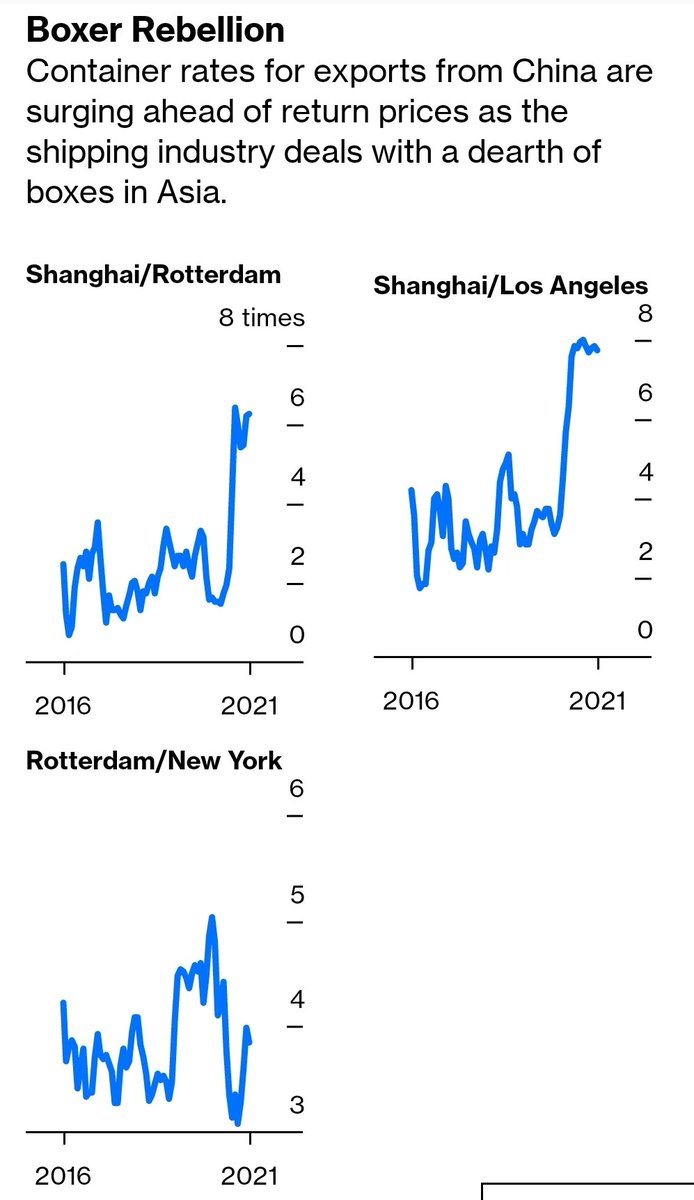
Does anyone know of a good history of the German fertilizer industry in World War 1?
The Haber-Bosch process for making synthetic ammonia was invented in Germany on the eve of war, but the plants were all switched to making explosives instead of fertilizer.
The Haber-Bosch process for making synthetic ammonia was invented in Germany on the eve of war, but the plants were all switched to making explosives instead of fertilizer.
Britain then blockaded German ports to prevent imports of fertilizer, causing agricultural productivity to collapse. This resulted in food riots and starvation which may have helped turned the tide of war against Germany.
Did Germany make the right choice in prioritizing ammonium nitrate explosives over ammonium nitrate fertilizers?
Could it have achieved a better outcome by trying to do both instead of focusing so heavily on explosives?
Could it have achieved a better outcome by trying to do both instead of focusing so heavily on explosives?
What would the outcome have been if the Haber-Bosch process had been worked out a decade sooner and scaled up/commercialized to a greater extent?
• • •
Missing some Tweet in this thread? You can try to
force a refresh






